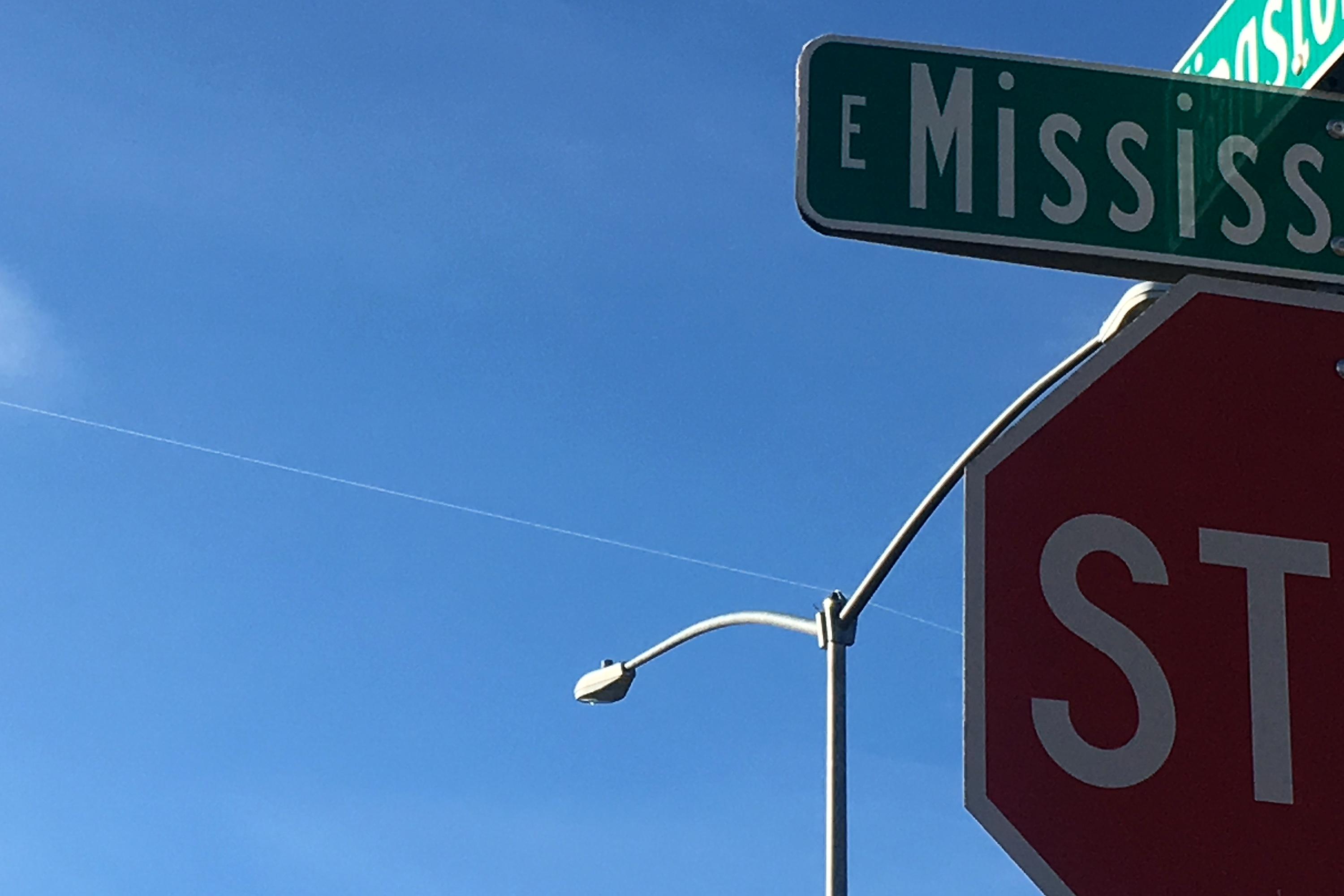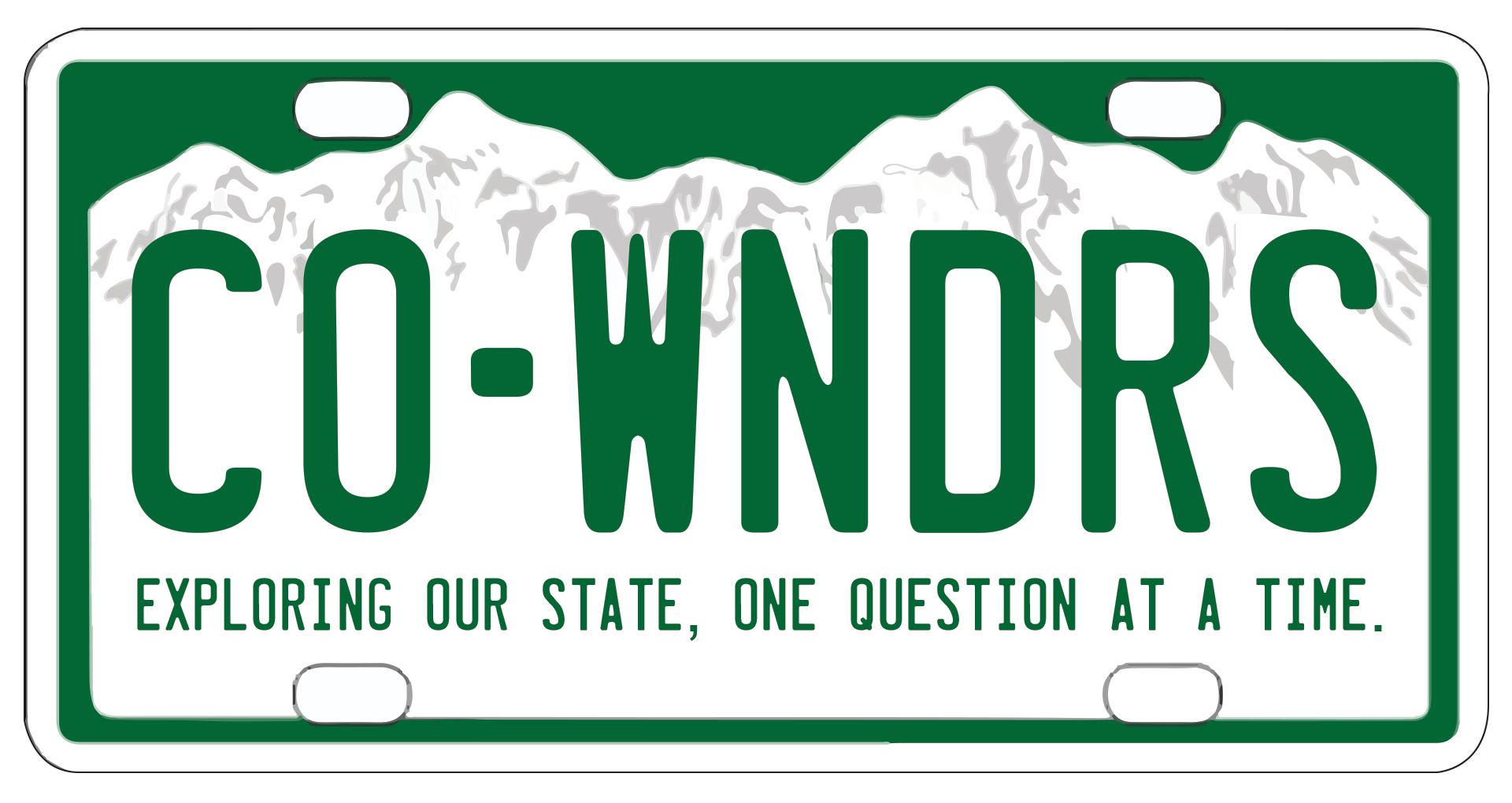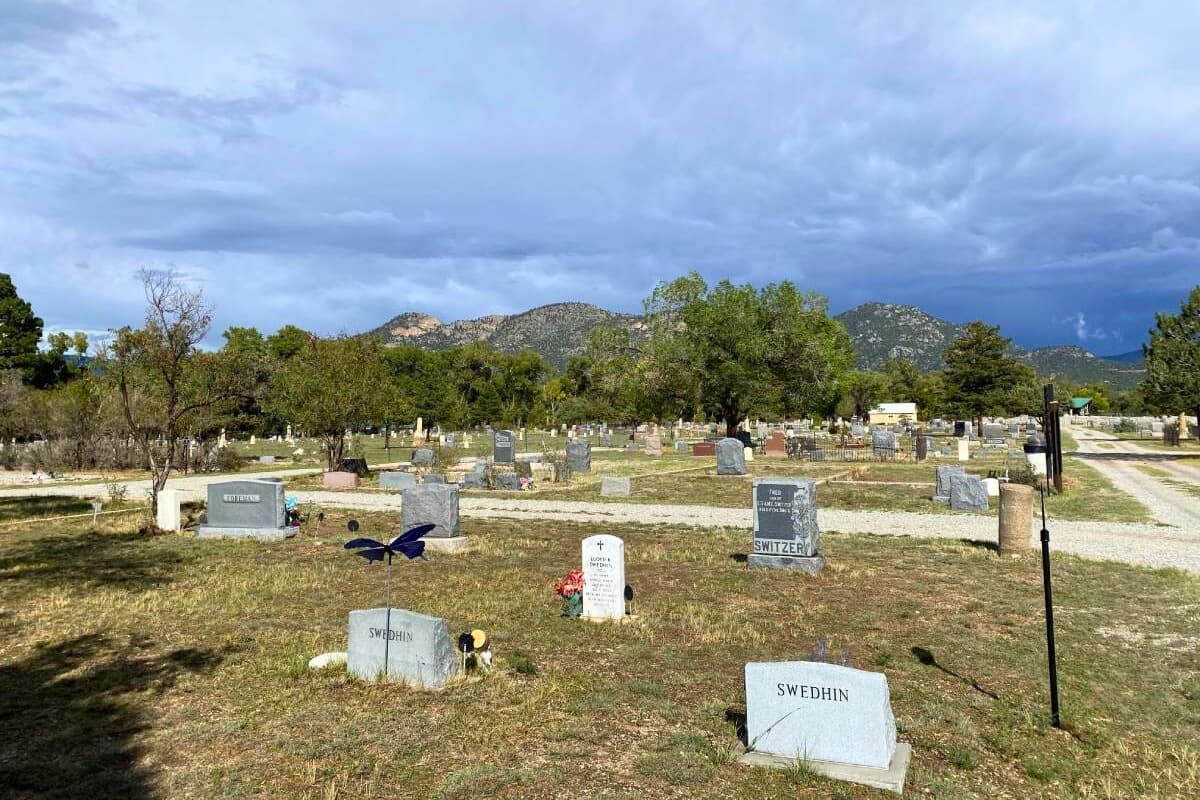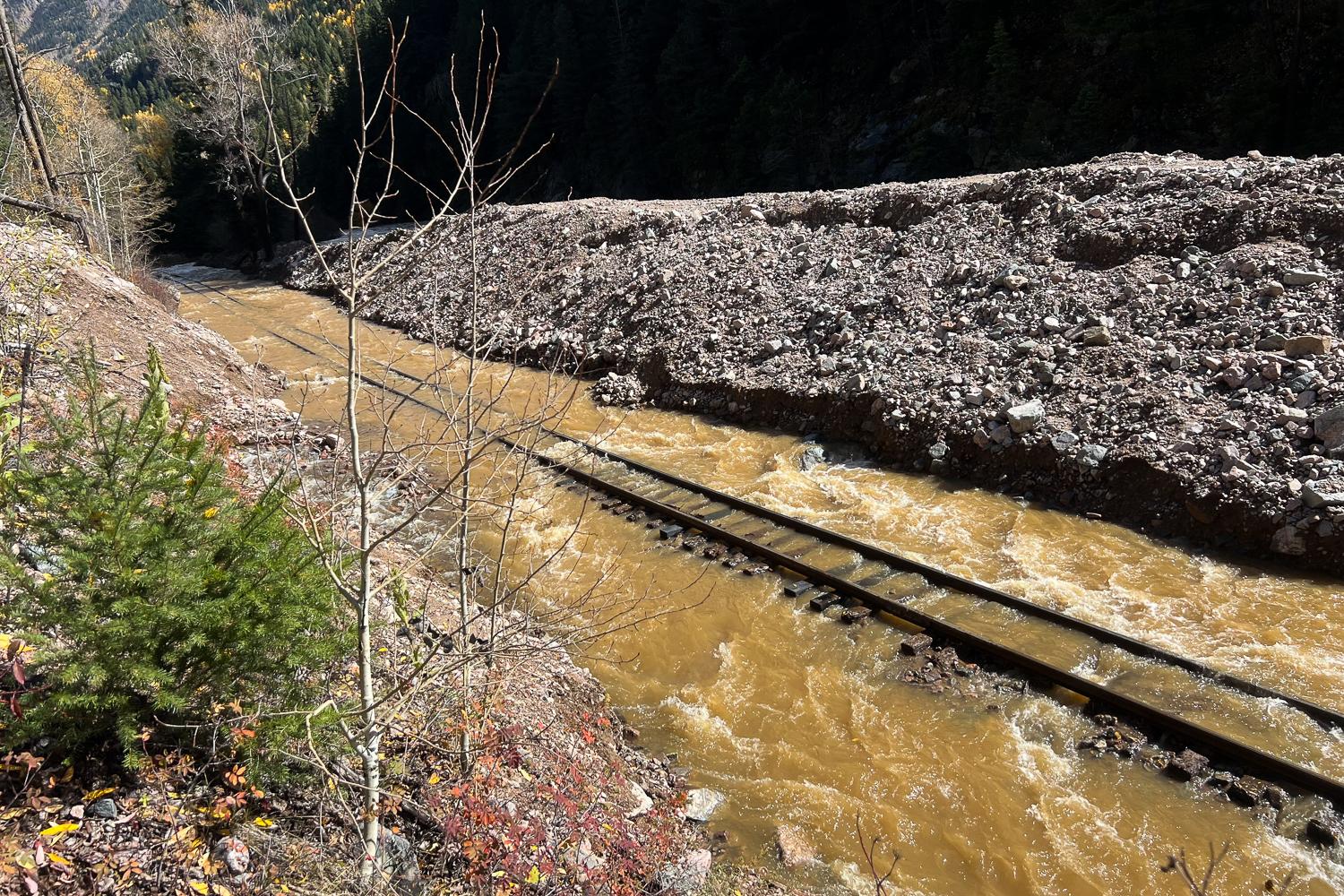
Look up in a certain Aurora neighborhood and you might notice a thin, clear wire running atop streetlights and telephone poles. Dayleen Thompson, who lives in the area, wondered what it was, so she submitted her question to Colorado Wonders.

The answer: The line is the Aurora eruv. The monofilament zigs back and forth across streets and makes three hard turns at major intersections, about a square mile that runs from Mississippi, south on Peoria, west on Iliff and then north on Havana. Then connects back to where it started: a synagogue, the Ohr Avner Community Center of Colorado in Aurora.
Leo Rafailov is a member of the synagogue. It's his job to maintain the line.

"Basically I just drive around — make sure the wire's up there," he said. "I took this upon myself, because after all I know how people feel when they have no eruv."
Catch that? An eruv. It’s a way to navigate around the strict rules for Shabbat, the Jewish sabbath. One rule forbids anyone from carrying something from a private home into public space. Which creates problems.
"Let's say I want to go out from my house to the synagogue and I want to take my kids with me and I have a newborn child. This newborn child, I have to carry," Rafailov said. And under a strict reading of Jewish law, that's not allowed. Newborns would have to stay home on Saturdays.
"Then my wife would be home all day — all day — and just be sitting there. It sucks."

There is an exception to this rule. Jewish scholars say any space enclosed by walls counts as a private domain. That's great for Orthodox Jews living in walled cities like Jerusalem. But stone enclosures aren't really an option in Aurora.
"So here, there's not many places they allow to build walls. So big rabbis, they allow to put wires on top and we consider those walls." The line transforms public space into private space, allowing people who live within the live to walk to Shabbat services or bring food to neighbors. But it only works if there isn't a break in the line.
The Aurora eruv is the fourth in Metro Denver. “Sometimes heavy snow brings the wire down. Sometimes there's car accidents," Rafailov said. When that happens, the community often rents a bucket truck and fixes the line themselves. It's a small effort compared to what it took to originally erect the line about two years ago. The synagogue had to get permission from the City of Aurora, the Colorado Department of Transportation and Xcel Energy which owns the street lights. There's even an eruv hotline, where you can call to make sure it's kosher to leave the home on Shabbat.

Rabbi David Araiev oversees the synagogue. He says that effort was well worth it. Dozens of orthodox families have moved to the neighborhood since the eruv went up, and they're not just moving in for religious reasons. There are three other eruvs in Metro Denver, but housing is just cheaper in Aurora.
"We give opportunity to woman, especially to woman, to come with stroller every Saturday. And it's a big help that people can enjoy and be a part of community prayer. It's very important," Aralev said.
There's a personal complication for Rabbi Araiev, though. He was assigned to the synagogue by Habbad, a Hassidic sect that has a stricter view of eruvs — he can’t carry anything from a private home to a public space.
“I'm not using by myself the eruv, because Habbad does not believe the eruv, so I'm always asking, ‘Can you carry my kids, you know, home?’”
While he doesn't personally use the eruv, he sees it as necessary.
“If you are not going to allow this here, people are not going to connect,” he said. You have to do something.”
In other words, the eruv line might not be the perfect religious solution. But it might be what it takes to tie a community together.









